Blog
-

What Nutrient Should You Add If Your Plant Is Turning Yellow?
If your plants are turning yellow, this could be a sign of a nutrient deficiency or other problem. Here are some common nutrients to consider adding depending on your specific symptoms and situation: Nitrogen (N): Yellowing of older leav...Read more -

Does Humic Acid Increase Root Growth?
Yes, humic acid is often associated with promoting plant root growth. Humic acid is a natural organic compound found in soil that increases nutrient availability, improves soil structure, and stimulates microbial activity. These factors ...Read more -

Do Plants Need Protein To Grow?
Yes, plants do need protein to grow. Here’s how it works: Amino acids as building blocks: Proteins are made up of amino acids, which are essential for various physiological functions of plants. Although plants can synthesize their own am...Read more -

Which Nutrient Increases Flowering?
To promote flowering in plants, several nutrients play important roles, but the most important include: Nitrogen (N): Nitrogen is an essential element for plant growth, but excess nitrogen can result in lush foliage and suboptimal flower...Read more -

What Are The Best Foliar Fertilizer Ingredients?
When choosing a foliar fertilizer for your plants, including orchids, it is important to consider ingredients that promote healthy growth, flowering, and overall plant health. Here are some of the best ingredients commonly found in folia...Read more -

Is Fulvic Acid Good For Orchids?
Yes, fulvic acid is beneficial for orchids. Here are some reasons why: Nutrient Absorption: Fulvic acid improves the availability and absorption of nutrients by increasing the solubility of minerals in the soil. This can help orchids abs...Read more -

How Can You Tell If Plants Have Too Much Nitrogen?
Excessive nitrogen levels in plants can cause a variety of symptoms that indicate overfertilization. Here are some signs to watch out for: Excessive leaf growth: A plant may produce a large amount of lush green leaves but few flowers and...Read more -

Why Do Plants Need Amino Acids For Growth?
Plants need amino acids for growth for several important reasons: 1.Protein Components: Amino acids are the basic building blocks of proteins and are essential for the structure and function of plant cells. Proteins play key roles in...Read more -

What Do Plants Use Nitrogen For?(二)
Nitrogen is essential for plant health. 4. Metabolic Process Enzymatic reactions: Nitrogen is involved in various metabolic processes, including the synthesis of enzymes that catalyze biochemical reactions necessary for plant growth and ...Read more -

What Do Plants Use Nitrogen For?(一)
Plants use nitrogen to carry out several key functions necessary for their growth and development. Here is a detailed overview of the role of nitrogen in plants: 1. Components of Protein Amino Acids: Nitrogen is a key component of am...Read more -

Is Chitosan A Fungicide?
Yes, chitosan is believed to have fungicidal properties and is often used as a natural fungicide in agriculture. Here are some key points about chitosan and its fungicidal effects: Source: Chitosan is derived from chitosan polymer found ...Read more -

What Is The Effect Of Chitosan On Plant Growth Flowering And Corms Yield Of Potted Freesia?
Chitosan has been studied for its effects on various aspects of plant growth, including flowering and yield. In the case of potted freesia, studies have shown that chitosan can have a variety of beneficial effects: Promote Growth: Chito...Read more
















